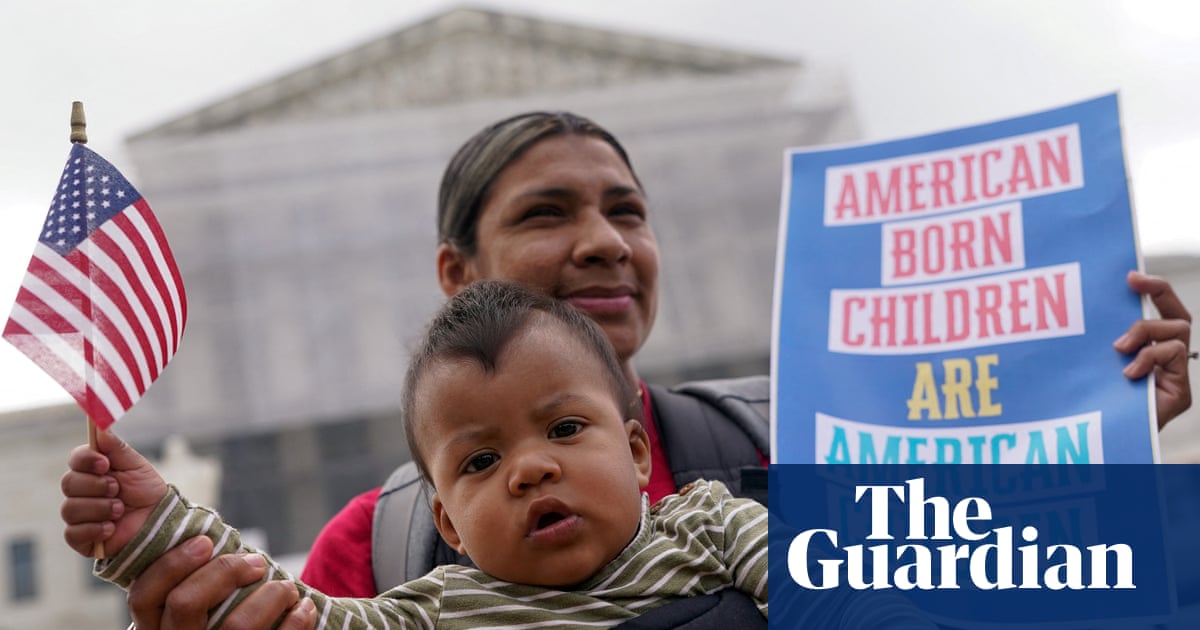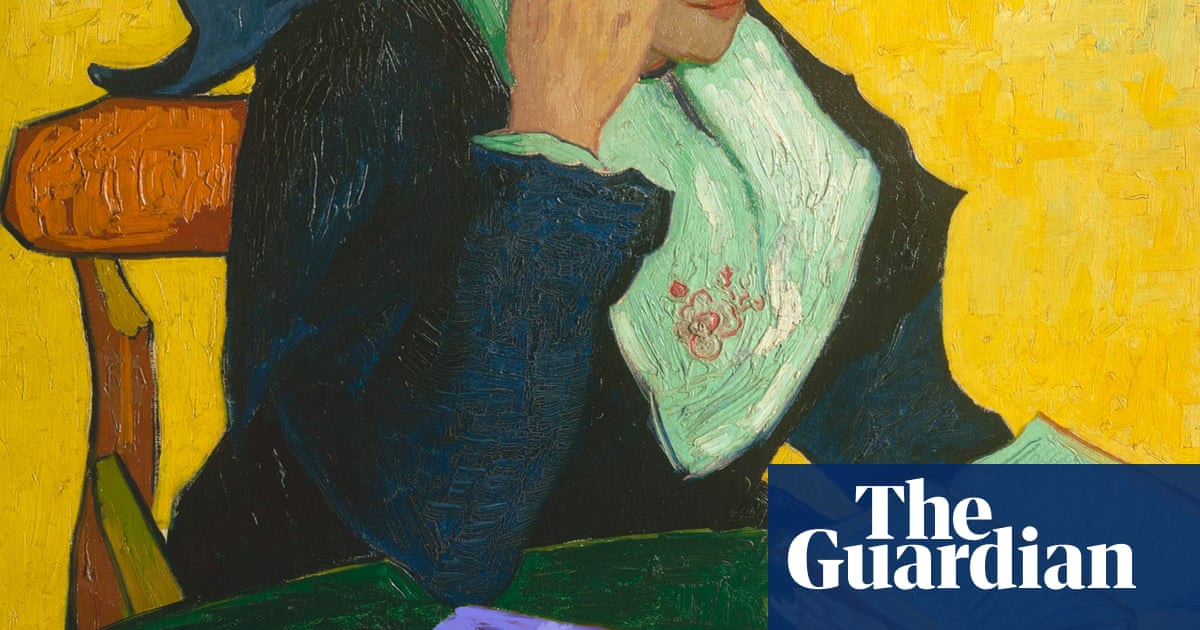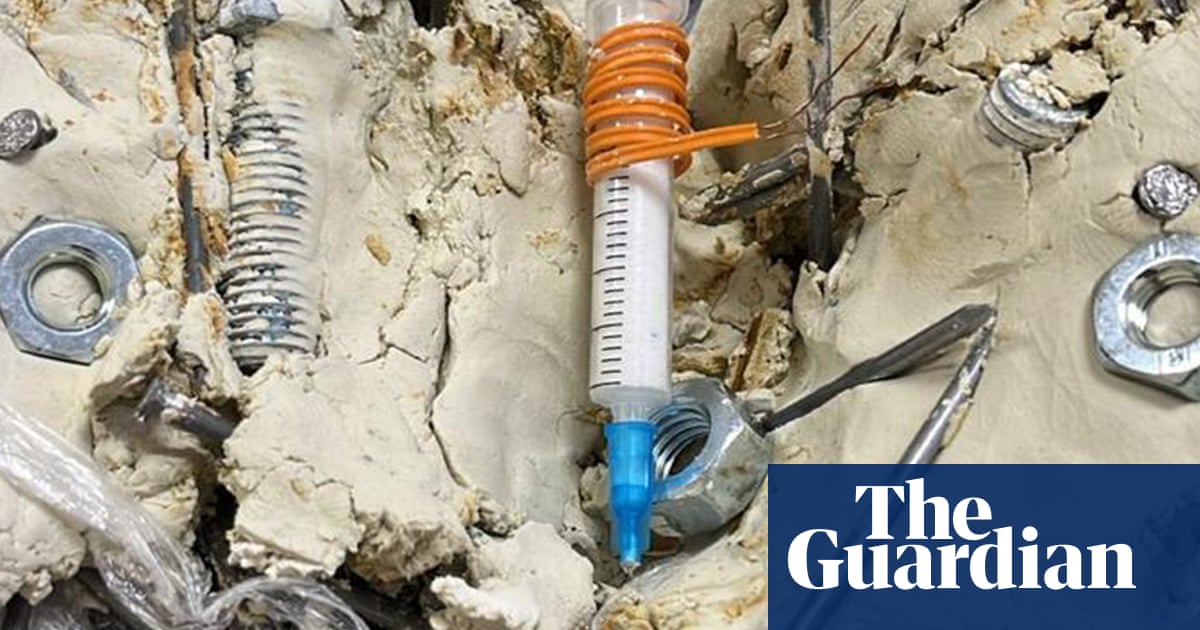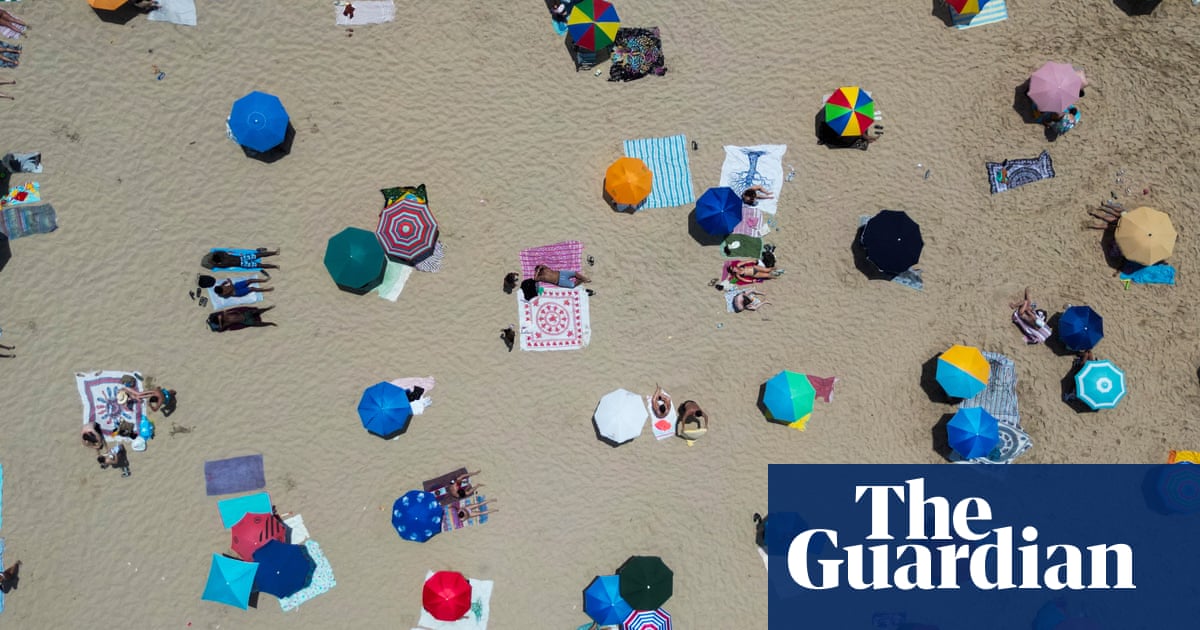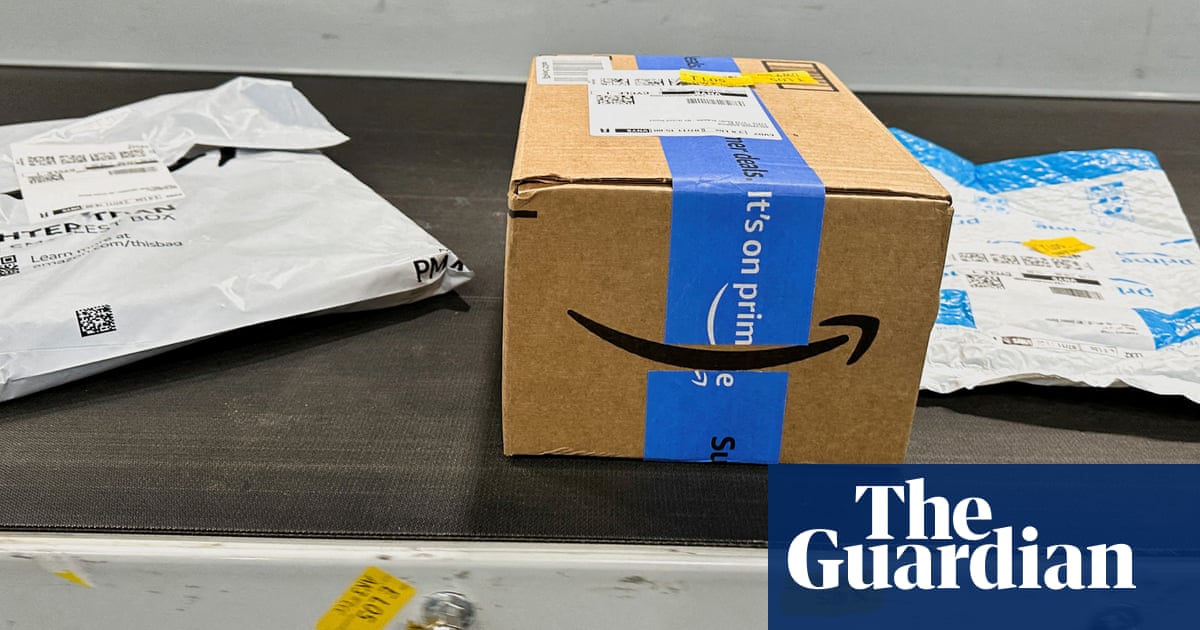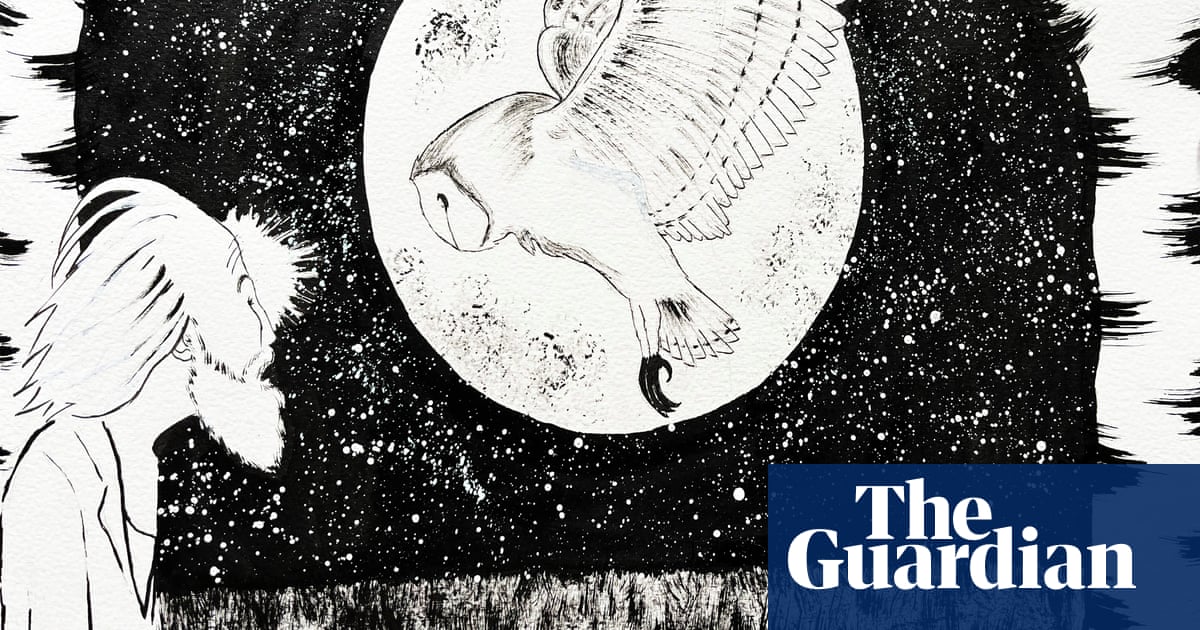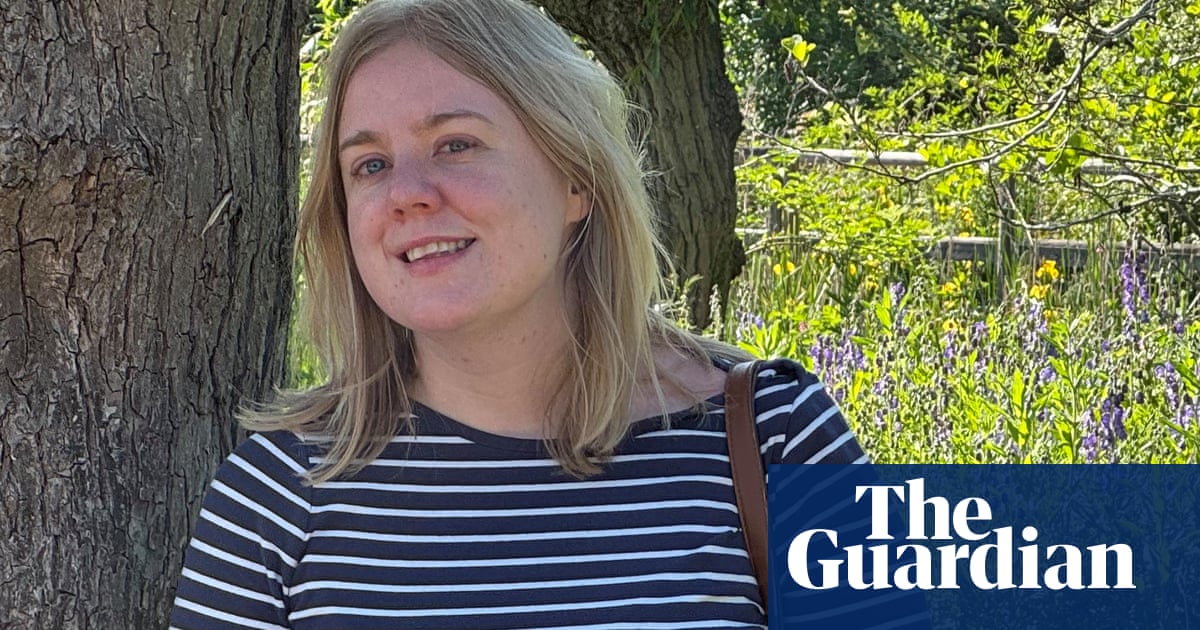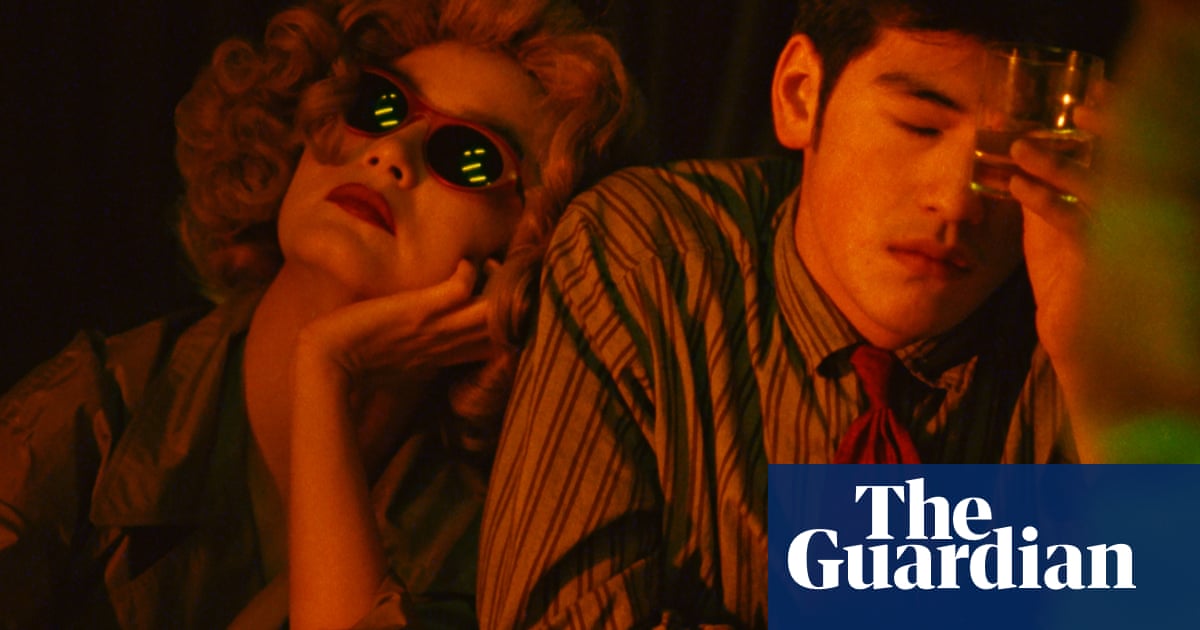If you threw Blind Date, the opening scenes of Saving Private Ryan and the auction block into a blender, what you’d get is Pop the Balloon or Find Love, a weekly hour-long Black dating show on YouTube.
The show was created by Arlette Amuli, an African American of Congolese origins, and her husband, Bolia “BM” Matundu, a Black Brit also of Congolese descent (he had a previous life as a UK rapper and then as a Ndombolo musician). It has become an international sensation in an age where our fried attention spans have us addicted to short videos. The format is minimalist to the point of brilliance: each week, a line of eight or so balloon-clutching love hunters line up to court and be courted by a singleton of the opposite sex they have never met before.
Should they not be interested, or be put off by anything – looks, values, religion, skin tone, children from previous relationships or lack thereof, economic status, tattoos, eyebrow shape – they pop their balloon. Expressing attraction, rejecting someone or being rejected in private is crushingly intimidating enough (to me at least). Immortalised rejection to the sound of an unexpected loud bang, followed by a full rationale and a right of reply? Utter genius TV.
In Pop the Balloon or Find Love, Amuli (who also presents the show) and Matundu created a very modern dating show that is the perfect balance of righteousness and ratchetness, while simultaneously being a classy, funny, furious, flirtatious and sometimes intellectually curious affair. It reveals more than it might appear to about the psychology, values, methods and mannerisms of Black courtship within the confines of the west. Each of the 50 episodes posted to date has attracted more than a million views on YouTube, short clips from the show are social media dynamite, and it has spawned stars, at least one marriage proposal, countless rip-offs, and parodies by Saturday Night Live and popular sports TV shows. An African American and Black British (via the Democratic Republic of the Congo) independent media dynasty is born.
And then the inevitable happened: Netflix came knocking. Fans of the show showered Amuli and Matundu with congratulations, excitement and absolute trepidation. Would Netflix ruin a beloved, groundbreaking and independent Black show by tampering with a winning formula, or would they make a few nips and tucks to elevate it to another level?
Well, they did worse. They gentrified it.
Based on the avalanche of disapproval for Netflix’s version of Pop the Balloon (”or Find Love” was dropped from the title), fans’ worst nightmares came true. Gone was the wholesome insight into Black dating and love patterns; in stepped swearing, twerking, needless disrobing and even what many thought was racism. Gone were the class, the intellectual insights and the Black “civilians” (of all shades) looking for love; in came a diverse (all of the “contestants” on the first episode of the Netflix show were either white or light-skinned), drink-sodden, rowdy affair including influencers and washed-up reality TV stars. Pop the Balloon or Find Love seemingly became Pop the Balloon and Find Clout. Despite the efforts of the new presenter, the comedian and actor Yvonne Orji (of HBO’s Insecure fame), it was genuinely painful to watch.
On the bright side of things, for all it lacked, the Netflix version offered an inadvertent insight into the plight of Black creatives – especially upstarts – in predominantly white spaces.
It’s hard, if not impossible, to nail down how the rot set in, but there are many other such instances of cultural upscaling or migration that fit this sorry pattern. No matter how much leverage you have as a cultural originator, the power (and money) in creative decision-making remains firmly in the hands of the organisations that, sadly, far too often just don’t get the culture they’re buying into. These organisations are also often not humble, introspective or honest enough to recognise this fact.
But should you stand your ground too strongly, it could cost you your deal – or, even worse, it could unjustly earn you a bad reputation that could cost you your career. If you don’t stand your ground, your reputation could be attached to a project that will damage you as a creative. Importantly, as a Black creative who operates with a consciousness of the history of Black people in popular visual entertainment – much of it rooted in minstrelsy – the burden of representation rests massively on your shoulders. This catch-22 quite literally keeps Black creatives up (and tearfully panic-calling confidants) at night.
Amuli and Matundu, a proudly Christian couple, were retained as executive producers of the Netflix version. Yet, given the nature of the original, it’s hard to see how they could be happy with this incarnation. This was not their warm, funny show; this was its more sensational viral clips re-imagined by veterans of the shock and awe world of reality TV. If those veterans really understood what made Pop the Balloon or Find Love such a sensation, they would have tried to replicate its knowing way of merging intellectual nourishment with fast-paced entertainment. What we have seen instead is the nutrition-free, social-media-virality-driven nature of influencers, reality TV stars and smut, which – in many circumstances – is a winner, if not a creative success.
It’s not all about Netflix. The channel is usually a good partner for Black creatives; in fact, it’s one of the best in the business. But have Amuli and Matundu, or anyone who loved what they did, gained from the Netflix-isation of Pop the Balloon or Find Love?
The second episode of the Netflix version airs on Thursday (Friday morning in the UK), and here’s a prediction: in our millions, we original devotees will stick with the original (ungentrified) YouTube version. As for the sad imitation – take pin, balloon, pop!
-
Nels Abbey is an author, broadcaster and the founder of Uppity: the Intellectual Playground
-
Do you have an opinion on the issues raised in this article? If you would like to submit a response of up to 300 words by email to be considered for publication in our letters section, please click here.

 2 months ago
41
2 months ago
41


